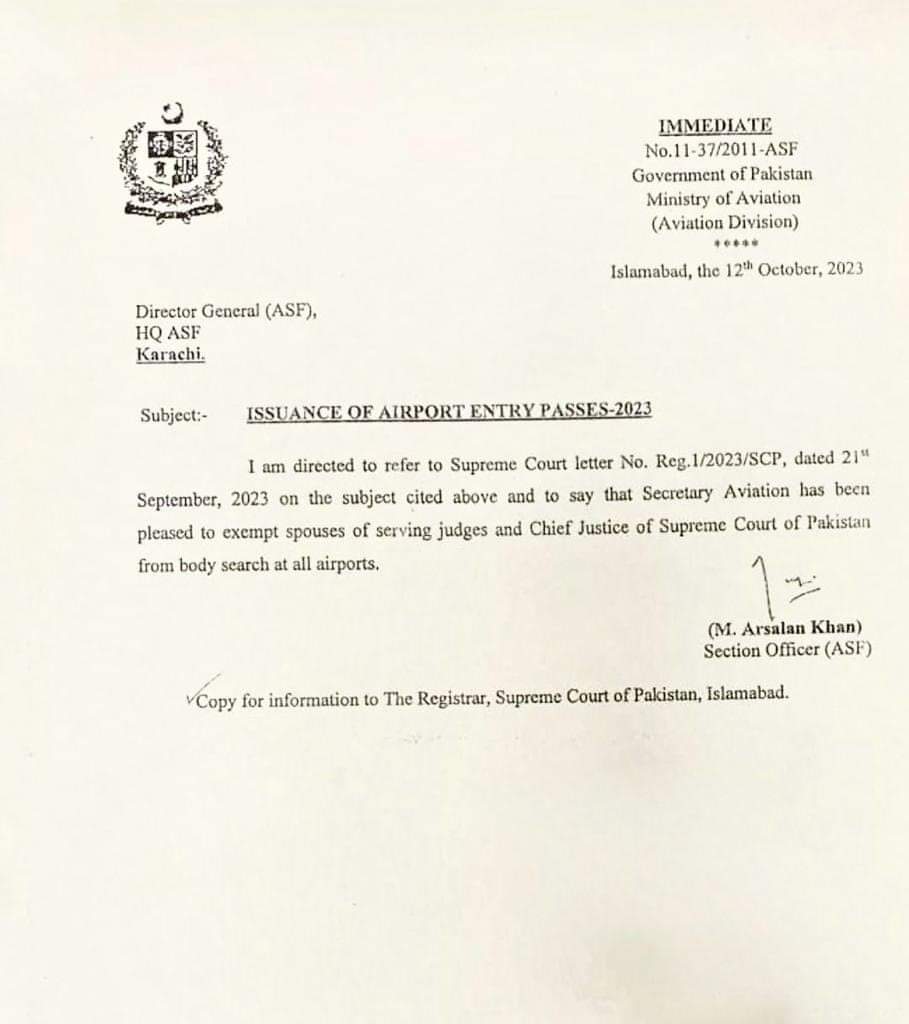In a recent turn of events, concerns have emerged over the preferential treatment extended to spouses of Honorable Judges during security checks. It has been noted that judges’ spouses are exempted from standard security procedures, prompting discussions on potential discrimination and fairness.
The controversy centers around the notion that providing additional privileges to judges’ spouses may inadvertently convey a sense of inequality within the judicial system. Some argue that such exemptions could compromise the principles of impartiality and equal treatment that form the backbone of a just legal system.
While security measures are essential for the safety of everyone involved, the issue raises questions about whether special considerations for judges’ spouses may inadvertently create an environment of privilege and disparity. The matter has sparked discussions within legal circles about the need for standardized security protocols to ensure fairness and uniform treatment for all individuals passing through security, irrespective of their affiliations.
As this debate unfolds, it prompts a broader examination of the delicate balance between security requirements and the principles of equality that underpin the judiciary’s core values


